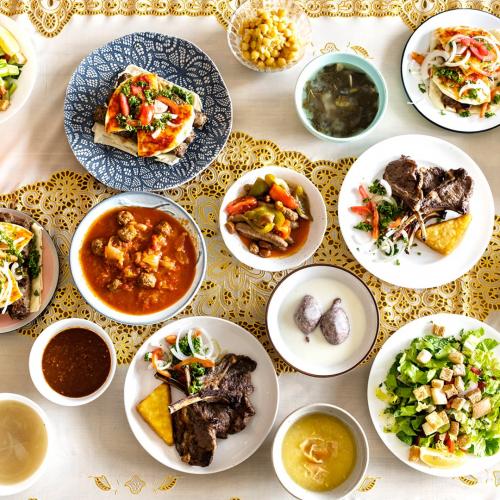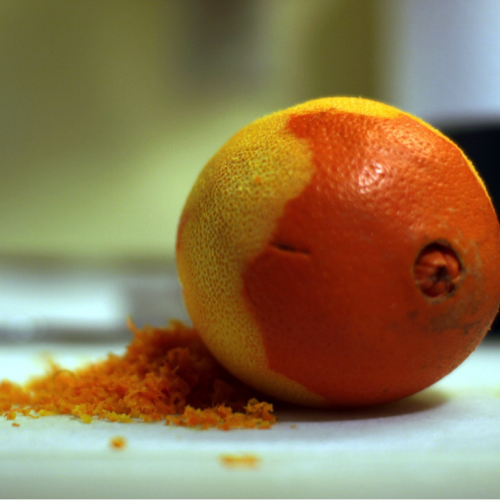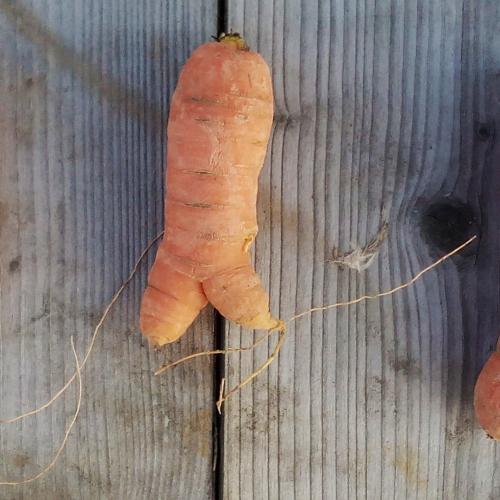Op-Ed: A Planet-Based Diet: Reimagining How We Eat for People and Nature
Some people live to eat. Others eat to live. Perhaps the ‘right’ way to eat lies somewhere in the middle.
The food we eat should be nourishing and nutritious. But in reality, our food choices contribute to serious lifestyle diseases like obesity and diabetes. These ailments are becoming more common as we become more sedentary. In the UAE, it is estimated that 28% of adults and 19% of school students are obese, and that 17% of adults (over one million people) have diabetes.
Our food system is also taking a toll on the health of our planet. Our methods of producing and consuming food are the primary causes of global biodiversity loss, deforestation, greenhouse gas emissions and pollution of the world’s water bodies.
For the prosperity of people and planet, we must reimagine the way we eat. This may seem like a tremendous shift. But an international movement is already under way to promote sustainable food habits that are good for people, good for the planet and good for the economy.
A Sustainable and Healthy Diet
A planet-based diet is high in health benefits and low in environmental impacts. It requires us to make a few changes to our food habits to ensure healthy, nutritious and sustainable food for everyone on the planet.
A planet-based diet can be achieved with four simple dietary choices.
- Eat healthy and minimally processed foods.
Healthier foods have a lower environmental footprint than processed foods. WWF’s latest report Bending the Curve explores the restorative power that planet-based diets can have on nature.
- Eat more plants than animals.
Plants are rich in nutrients, fibre and even protein. They also require less water, energy and land, than meats, poultry, seafood and dairy.
- Eat lots of different foods.
Our bodies need a variety of nutrients, and the planet also benefits from a variety of food being cultivated. Diverse diets also help build a stronger food system which is resilient to shocks like pests, disease and extreme weather.
- Buy food that’s sustainably produced.
Buying sustainably produced food from local producers means that the food consumed is freshly picked, responsibly grown and has a smaller environmental footprint. Buying local also has the advantage of supporting local businesses and creating local jobs.
The UAE has made significant strides in this area. 20% of fruit and vegetables consumed in the Emirates are now grown locally.
A Strong Appetite for Healthy and Sustainable Living
Healthy and Sustainable Living is already a top priority for people around the world. A recent GlobeScan study, designed in collaboration with WWF, confirmed that 9 out of 10 individuals want to become healthier and 8 out of 10 want to become more environmentally friendly.
Many respondents are also interested in adopting sustainable food behaviours:
- reducing food waste (78%)
- eating healthy and nutritious food (78%)
- preparing meals at home (77%)
- eating locally grown foods (69%)
- eating organic foods (60%)
- eating plant-based meat-free foods (39%)
This societal shift towards healthy and sustainable living is driven by the younger Gen Z, Millennials and Women of all ages – valuable audiences that are directly involved in influencing and making purchase decisions. These audiences have already made some or major lifestyle changes to support their ideals. But they acknowledge that some of these new habits are quite difficult to adopt.
This is where businesses can step in to play a pivotal role – by removing barriers and helping people achieve their ideal lifestyles.
Businesses, brands and retailers can achieve this through sustainable farming practices, responsible sourcing, good corporate practices and innovations in product, price and placement – the possibilities are endless.
A Vibrant Food Sector in the UAE
The UAE is already making tremendous progress in reimagining how our food is produced. As part of its ambition of becoming one of the top 10 countries when it comes to food security by 2021, the country has launched exciting initiatives.
The country has appointed the world’s first Minister of Food Security and adopted a National Food Security Strategy which focusses on providing people in the UAE access to sufficient, safe and nutritious food at affordable prices at all times, including emergencies and crises.
The UAE has created a National Food Bank, launched a Food Security Dashboard, developed fish farms and hatcheries, and made several investments in technology-based food production.
Recently, the Abu Dhabi Investment Office announced a $100 million investment in four agritech companies to build research and food production facilities in the emirate. The emirate recently announced AED 110 million in financial incentives to encourage more agritech companies to set up operations.
These are exciting times for sustainable food production and consumption, for consumers and companies alike. Businesses that join the movement today will find themselves at the heart of tomorrow’s food system.



